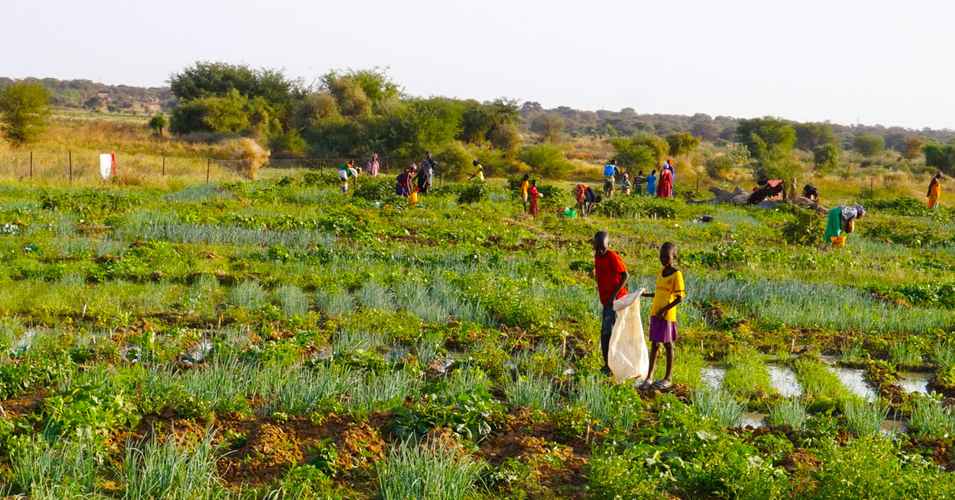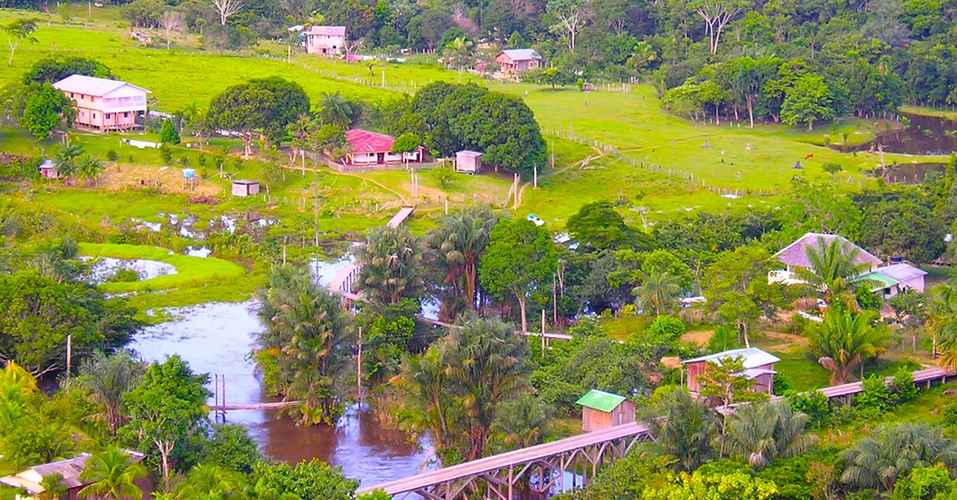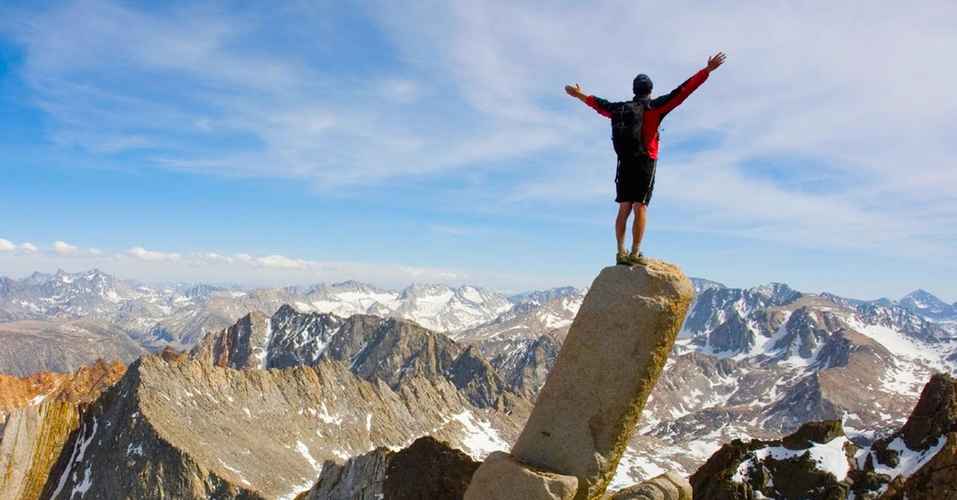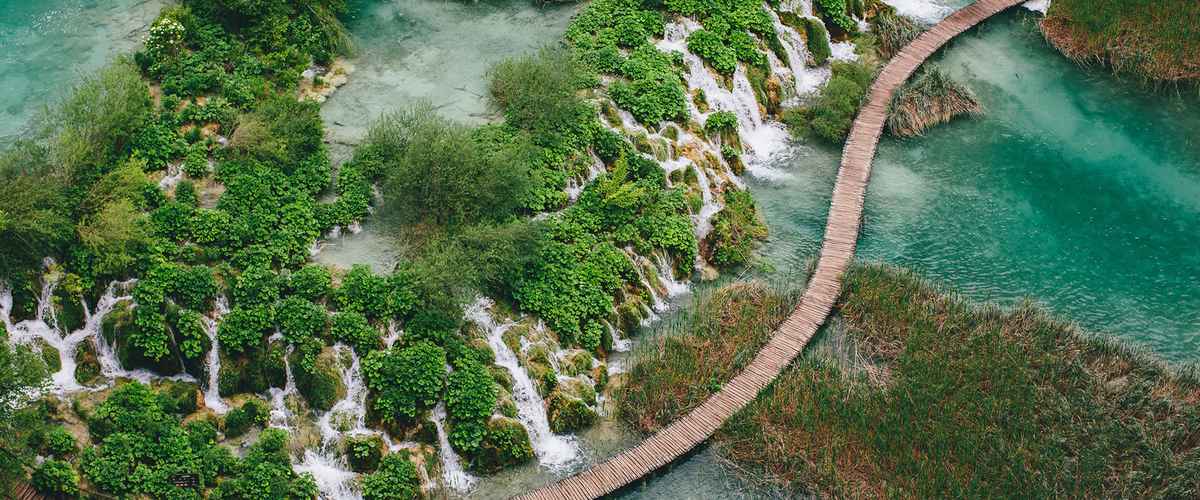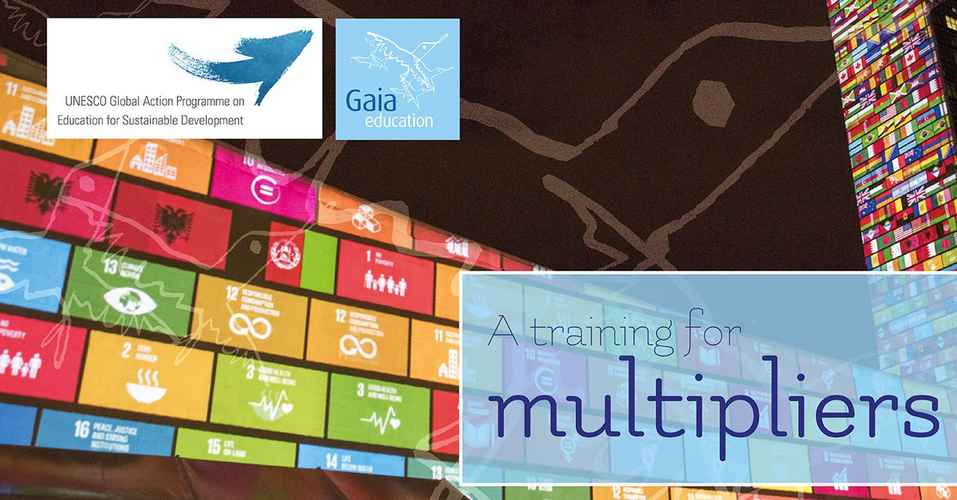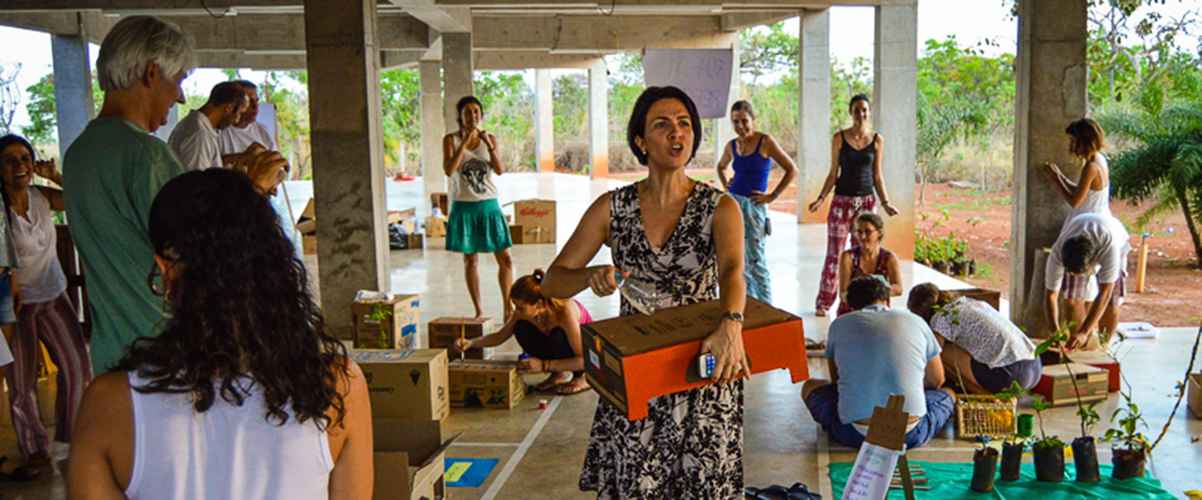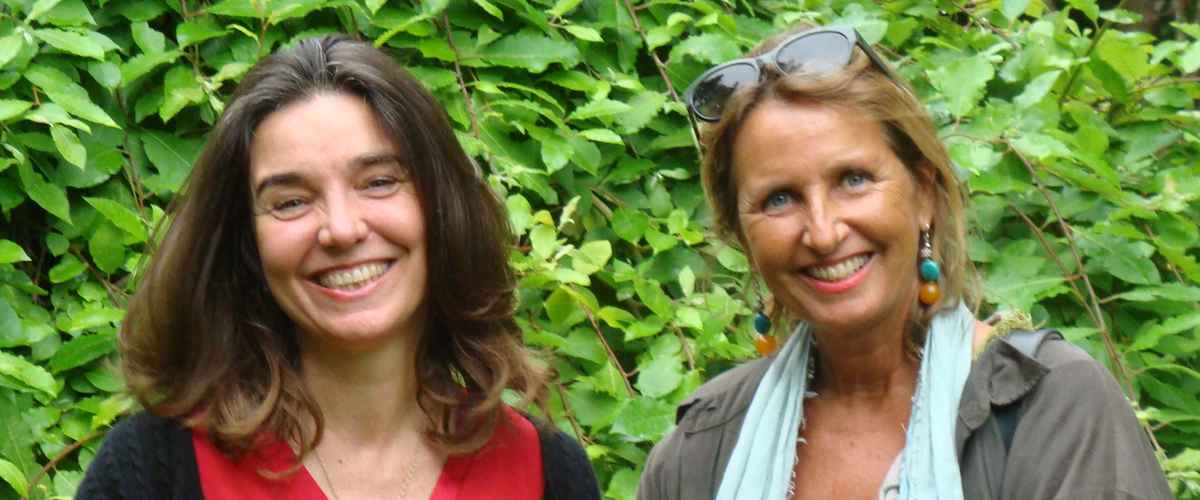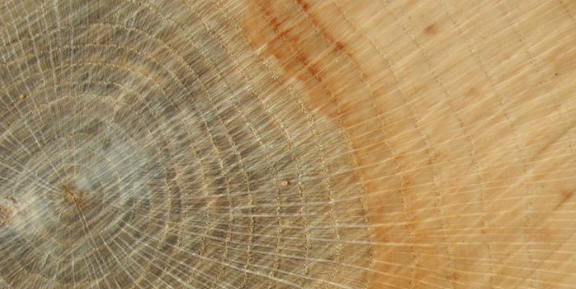News and Articles
English
The golden thread that connects the three dimensions of sustainability
Renewables have the potential of improving the quality of life for millions around the world while advancing progress in all areas of development.
By May East, Unitar Fellow |
Last year saw record worldwide investment and implementation of clean energy such as wind, solar and hydropower. According to Renewables 2016 Global Status Report, renewables are now cost competitive with fossil fuels in many markets and are established around the world as mainstream sources of energy.
C…
People, Power in the Climate Change Age
New film! Join 4 communities in Podor, Northern Senegal, in celebrating the success of the permaculture and agroforestry project that has been implemented over the past three years.
The development of new skills in land management, agroforestry, permaculture, food processing and trade, combined with a true focus on Deep Listening Farming and the harnessing of creative efforts, Podor will never be the same!
Watch this film to revisit how empowered women from 4 villages across Podor, Norther…
Cosmopolitan Bioregionalism
Bioregionalism is a political, cultural, and ecological system or set of views based on naturally defined areas called bioregions, similar to ecoregions
By Daniel Wahl
“The solution is simple for us as humans to join the earth community as participating members, to foster the progress and prosperity of the bioregional communities to which we belong… Such a bioregion is a self-propagating, self-nourishing, self-educating, self-healing and self-fulfilling community… . The future …
Holistic Worldviews: an introduction
Daniel Wahl provides a short introduction to holistic worldviews.
By Daniel Wahl
“If the soul of our civilization is to be saved we shall have to find new and fuller expression for the great saving unities — the unity of reality in all its range, the unity of life in all its form, the unity of ideas throughout human civilization, and the unity of the human’s spirit with the mysteries of the Cosmos … evolution is nothing but the gradual development and stratification of progressive …
Following perception up-stream: organising ideas & the coming-into-being birth of phenomena
If we want to understand just how deeply our worldview influences the way we see the world and act in it, we need to understand the power of the organising ideas that shape how we see the world.
By Daniel Wahl
The role of the organising idea in cognitive perception is of such an active kind that if the idea changes, then what is seen changes. — Henri Bortoft (1996, p.142).
If we want to understand just how deeply our worldview influences the way we see the world and act in it,…
Kick start your learning journey this Summer!
As Northern Summer and Southern Winter are upon us, we are proud to announce the end of our 10-month Gaia Education Design for Sustainability E-Learning programme.
By May Easr, Unitar Fellow |
If you did not have the opportunity to be part of this cycle, now is your chance! Why not kick-start your own learning journey now? Join our bite-sized introductory course ‘Designing for Sustainability: An Introduction to the Big Picture of Co-Creating a Thriving Future’.
In this 15-hour…
SDG Training for multipliers Denmark
We would like to invite you to our SDG flashcard training in Denmark.
30 & 31 March 2017, Langeland, Denmark
This is to invite you to join the vitally important conversation about how to accelerate the implementation of the United Nations’ 17 Sustainable Development Goals (SDGs) at the local and regional scale in ways that are carefully adapted to the bio-cultural uniqueness of your community and the Balearic Islands.
The ‘SDG Community Implementation Flash Cards’ contain more than 200 qu…
A former Gaia Education student’s path to becoming a changemaker
Meet Monica Picavêa – a former Gaia Education graduate who is following her path as a change agent. This Brazilian EDE Graduate sets up prize-winning B-Corp and is nominated Rockefeller Foundation Social Innovation Fellow.
Changing the World one Community at a Time
Monica Picavêa has been volunteering in social and humanitarian projects since 1989, monitoring the development of traditional and low income communities. Monica is a Journalism and Marketing post-graduate with a MBus fr…
Gaia Education and GEN sign strategic Partnership Agreement
Honouring the strategic partnership between Gaia Education and GEN (Global Ecovillage Network). The signing of this partnership between these two NGO organisations offers opportunities for new projects in education and solutions to achieve UN Sustainable Development Goals.
By Giovanni Ciarlo |
Gaia Education celebrates the signing of a framework for a strategic partnership agreement with its sister organisation, GEN (Global Ecovillage Network). The signing of this formal frame…
Regionally focussed Circular Biomaterials Economies: An Idea whose time has come!
Circular economy Regionally focussed Circular Biomaterials Economies: An Idea whose time has come! Circular economy - what is it and why do we need it
There is a lot of talk about the circular economy these days. The Ellen MacArthur Foundation has done an excellent job in taking this conversation into the big consultancies like McKinsey and into the international policy and business arenas like the World Economic Forum in Davos. Business leaders and heads of state are beginning to agree that we…



